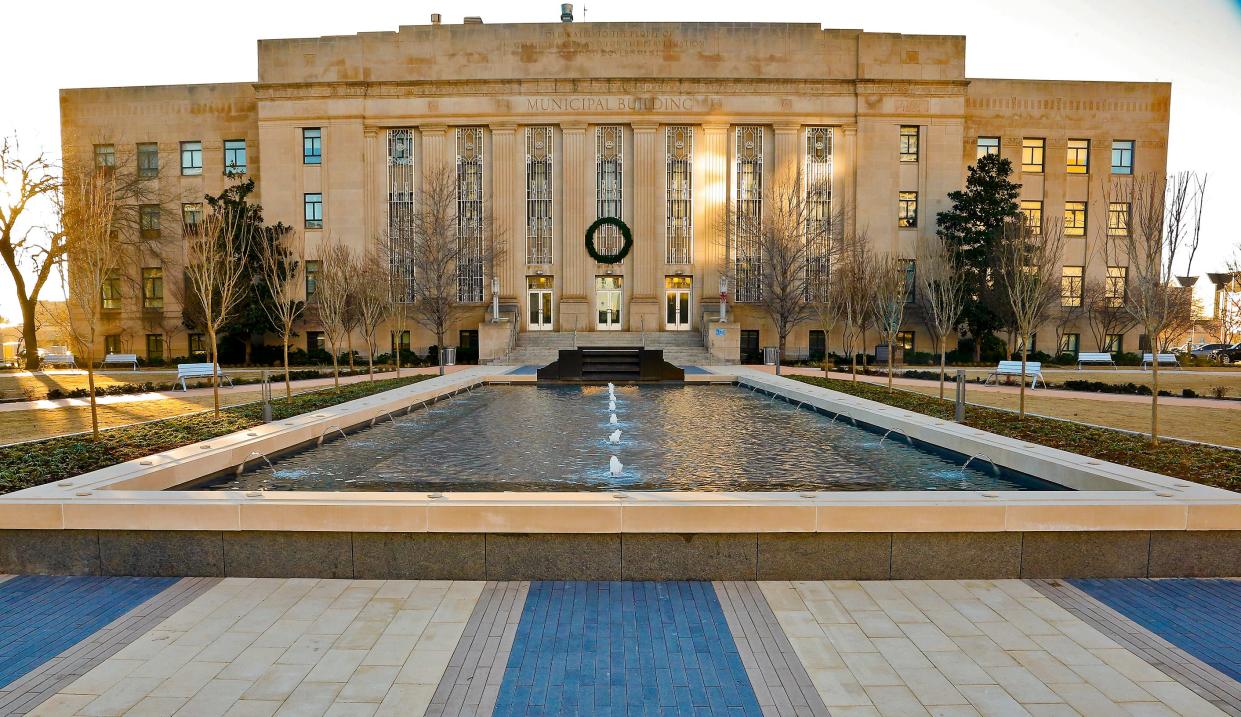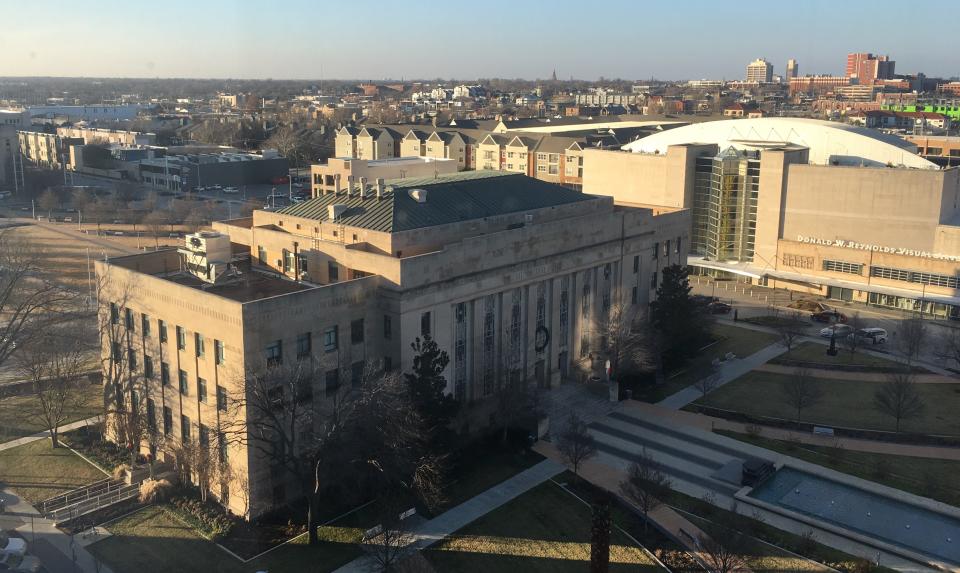Council unanimously votes to deny request to build medical waste facility in northeast OKC

After residents shared concerns for months about a potential medical waste transfer station in their community, Oklahoma City councilmembers voted unanimously Tuesday to deny requests to build the facility on the city's northeast side.
The proposed medical waste transfer station would have been at 3903 NE 23, within half a mile of Daniel J. Diggs Park at 2201 N Coltrane Road, and just south of a township called Forest Park. Potential operator Medical Waste Services needed the blessing of the city council regarding its environmental quality statement in order to begin following through with plans for the site.
Last year, Medical Waste Services had tried to assuage the serious misgivings of locals about the facility's potential impact on the surrounding communities, telling The Oklahoman that the station posed "virtually no risk" to people's health. But nearly a dozen concerned residents of Forest Park and northeast Oklahoma City appeared in front of city council Tuesday, voicing opposition to the project.
George Smith, mayor of Forest Park, told councilmembers that the township hoped to convert undeveloped land in Forest Park's south side into luxury homes. He argued that building a medical waste transfer station would diminish the property values and tax revenues for the Forest Park area.
'We deserve better.' OKC neighborhood fights against decades of environmental injustice
Others expressed concern about environmental issues in northeast Oklahoma City that the medical waste transfer station could have worsened. Gary Woods, who represents Ward 7 on the city's Parks and Recreation Board of Commissioners, said that parks commissioners determined unanimously in December that the proposed facility would cause harm.
"There wasn't a single park commissioner who thought that ... this medical waste facility being in such close proximity to Diggs Park would be a good thing," Woods said.
Woods also said that, in reviewing the facility proposal, he learned that the ZIP code has high rates of cancer and autoimmune disease, along with issues of poor air quality and environmental pollutants.
"If we add the medical waste facility to that, we're thinking about heavy trucks, we're thinking about diesel emissions, as well as it being in close proximity to children — close proximity to those that we're trying to endorse health and wellness," Woods said.
Related: Historically Black neighborhood in Oklahoma City finds no relief from decades of explosions
'This is what happens when private entities are prioritized over communities'
Longtime residents of the east side, including Zenephon Warrior, told the city council that opening the medical waste transfer station would hinder revitalization efforts currently underway in that part of the city. Northeast Oklahoma City, home to its historically Black enclave, was for decades considered the city's "dumping ground" due to racist zoning laws and a lack of higher-use private investment.
"We need some residential development in that particular area, and to have this particular facility is really going to be very much a detriment to some of the continued residential development in all four quadrants of the area (around) the facility," Warrior said.
Bailey Stephenson works for a nonprofit devoted to raising awareness about the large Tar Creek Superfund site in northeastern Oklahoma. Citing it as historical precedent, Stephenson said people in the area had to be relocated because of how toxic the site was, and that children often would play in sandboxes that had been contaminated by leftover waste from the lead mines.
"They did this because they were told that it was safe, they were told that it was harmless," Stephenson said. "And this is kind of the way that this happens: that people are told these things are safe and harmless, but then we later find out that there actually are long-term effects."
"This is what happens when private entities are prioritized over communities," she added. "The community has made it very clear that they do not want this (medical waste) site in their neighborhoods and they do not want it in their homes."
More: Northeast OKC residents say no thanks to donation of land for new county jail
Applause erupted from the audience after the city council fully agreed to deny the request from Medical Waste Services and its consultant Terracon. Ward 7 Councilwoman Nikki Nice, who represents the area in which the facility would have been built, thanked the concerned residents who had appeared in front of the council.
"Had you not shown up and appealed to those who may not have all of the knowledge that we need to make that decision, we wouldn't be able to do that," Nice said. "So, thank you. This is what democracy looks like: for us to all be at the table and express our opinions."

This article originally appeared on Oklahoman: Request for medical waste transfer station in northeast OKC denied

